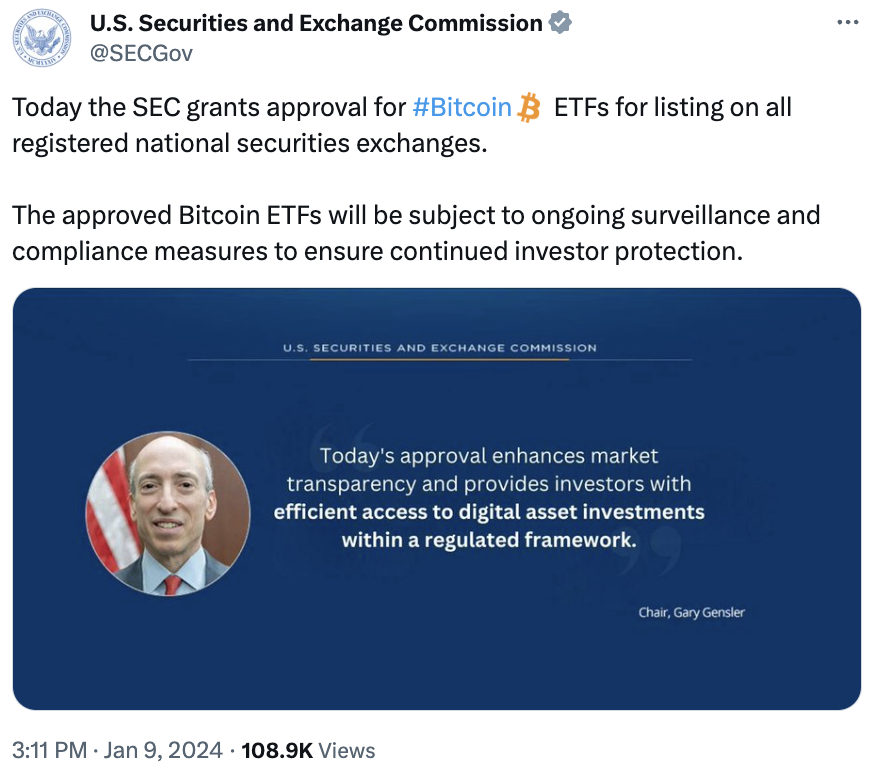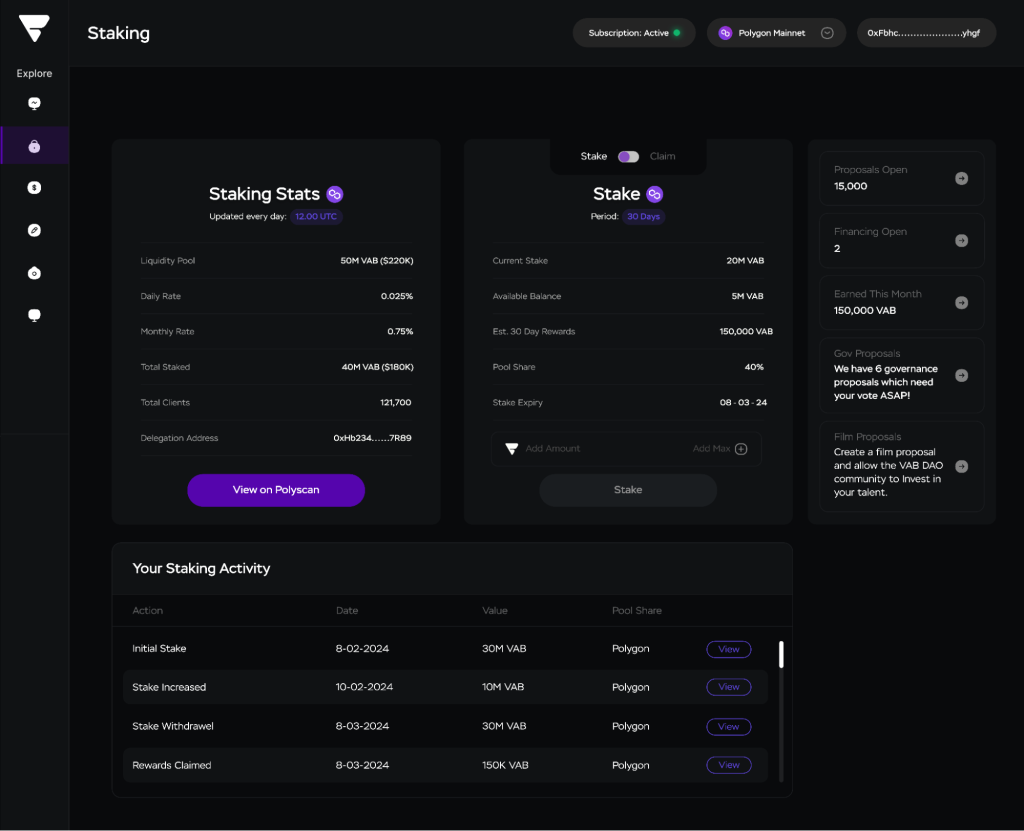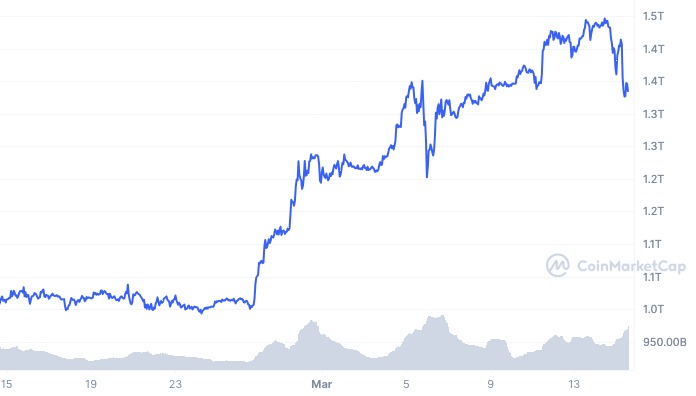Ex-UK chancellor faces scrutiny over lobbying allegations

Philip Hammond, a vocal crypto advocate who served as the United Kingdom’s chancellor of the exchequer from 2016 to 2019, may have breached lobbying rules for former ministers.

Philip Hammond, a vocal crypto advocate serving as the United Kingdom’s chancellor of the exchequer from 2016 to 2019, might have breached the lobbying rules for former ministers.
According to a Feb. 9 report in the Financial Times, in March 2021, Hammond played a role in the communication between unnamed Treasury officials and the then Economic Secretary for the Treasury, John Glen, and the CEO of crypto firm Copper, Dmitry Tokarev. The claim is based on the Treasury documents obtained through a Freedom of Information Act request.
According to the report, Glen told officials in an internal email to use Hammond as an intermediary for Tokarev. A week after the Treasury officials met with Tokarev, Hammond spoke to Glen on the phone, letting him know that the Copper CEO was incredibly impressed by the meeting. Hammond also communicated Copper’s concerns about the speed of regulatory changes for crypto companies to the Treasury secretary.
Related: UK risks losing AI race amid safety-over-opportunity approach
All that occurred before Hammond officially joined Copper as a senior adviser in August 2021. As he left the position of chancellor in July 2019, Hammond would need to have sought permission from the Advisory Committee on Business Appointments to take any position in the private sector connected to the lobbying efforts with his former department.
Hammond told the FT that he didn’t consider his interactions with Glen in the spring of 2021 to be lobbying and didn’t ask the Economic Secretary to facilitate any meeting between the Treasury and Copper, as it would be inappropriate. The ex-chancellor described his phone call to Glen in March 2021 as a “regular, if not particularly frequent” contact with a “close political friend.”
A U.K. Treasury spokesman has also denied wrongdoing, saying that Treasury officials “meet with many crypto firms each year to understand the sector better and inform policy development to ensure it is proportionate and safe.”
In June 2022, Hammond publicly raised concerns that the U.K. is slipping behind its rivals in the European Union regarding cryptocurrency regulation. The former official said that while the country has been “very agile in embracing new technologies” in the past, this hasn’t been as apparent when it comes to crypto regulation, adding that it was likely due to a mix between a “bandwidth issue” and a “capacity issue.”






… [Trackback]
[…] Read More to that Topic: x.superex.com/news/blockchain/4298/ […]
… [Trackback]
[…] Find More Info here to that Topic: x.superex.com/news/blockchain/4298/ […]
… [Trackback]
[…] Here you can find 18203 more Info to that Topic: x.superex.com/news/blockchain/4298/ […]
… [Trackback]
[…] Find More to that Topic: x.superex.com/news/blockchain/4298/ […]
… [Trackback]
[…] Info to that Topic: x.superex.com/news/blockchain/4298/ […]
… [Trackback]
[…] Here you can find 68612 more Info on that Topic: x.superex.com/news/blockchain/4298/ […]
… [Trackback]
[…] Read More to that Topic: x.superex.com/news/blockchain/4298/ […]
… [Trackback]
[…] Find More on that Topic: x.superex.com/news/blockchain/4298/ […]
… [Trackback]
[…] Find More here on that Topic: x.superex.com/news/blockchain/4298/ […]
… [Trackback]
[…] There you can find 5364 more Info to that Topic: x.superex.com/news/blockchain/4298/ […]
… [Trackback]
[…] Read More to that Topic: x.superex.com/news/blockchain/4298/ […]
… [Trackback]
[…] Read More to that Topic: x.superex.com/news/blockchain/4298/ […]
… [Trackback]
[…] Find More to that Topic: x.superex.com/news/blockchain/4298/ […]
… [Trackback]
[…] Here you will find 80771 more Information to that Topic: x.superex.com/news/blockchain/4298/ […]
… [Trackback]
[…] Find More here to that Topic: x.superex.com/news/blockchain/4298/ […]
… [Trackback]
[…] Read More on that Topic: x.superex.com/news/blockchain/4298/ […]
… [Trackback]
[…] Read More to that Topic: x.superex.com/news/blockchain/4298/ […]
… [Trackback]
[…] Read More Info here on that Topic: x.superex.com/news/blockchain/4298/ […]
… [Trackback]
[…] Read More Information here on that Topic: x.superex.com/news/blockchain/4298/ […]
… [Trackback]
[…] Info to that Topic: x.superex.com/news/blockchain/4298/ […]
… [Trackback]
[…] Find More here on that Topic: x.superex.com/news/blockchain/4298/ […]
… [Trackback]
[…] Here you will find 10527 more Info to that Topic: x.superex.com/news/blockchain/4298/ […]
… [Trackback]
[…] Info to that Topic: x.superex.com/news/blockchain/4298/ […]
… [Trackback]
[…] There you will find 3228 more Information to that Topic: x.superex.com/news/blockchain/4298/ […]
… [Trackback]
[…] Find More to that Topic: x.superex.com/news/blockchain/4298/ […]
… [Trackback]
[…] Here you will find 7456 more Info to that Topic: x.superex.com/news/blockchain/4298/ […]
… [Trackback]
[…] Info on that Topic: x.superex.com/news/blockchain/4298/ […]
… [Trackback]
[…] There you can find 56474 additional Information to that Topic: x.superex.com/news/blockchain/4298/ […]
… [Trackback]
[…] Here you can find 12383 additional Information on that Topic: x.superex.com/news/blockchain/4298/ […]
… [Trackback]
[…] Find More here to that Topic: x.superex.com/news/blockchain/4298/ […]
… [Trackback]
[…] Find More Information here to that Topic: x.superex.com/news/blockchain/4298/ […]